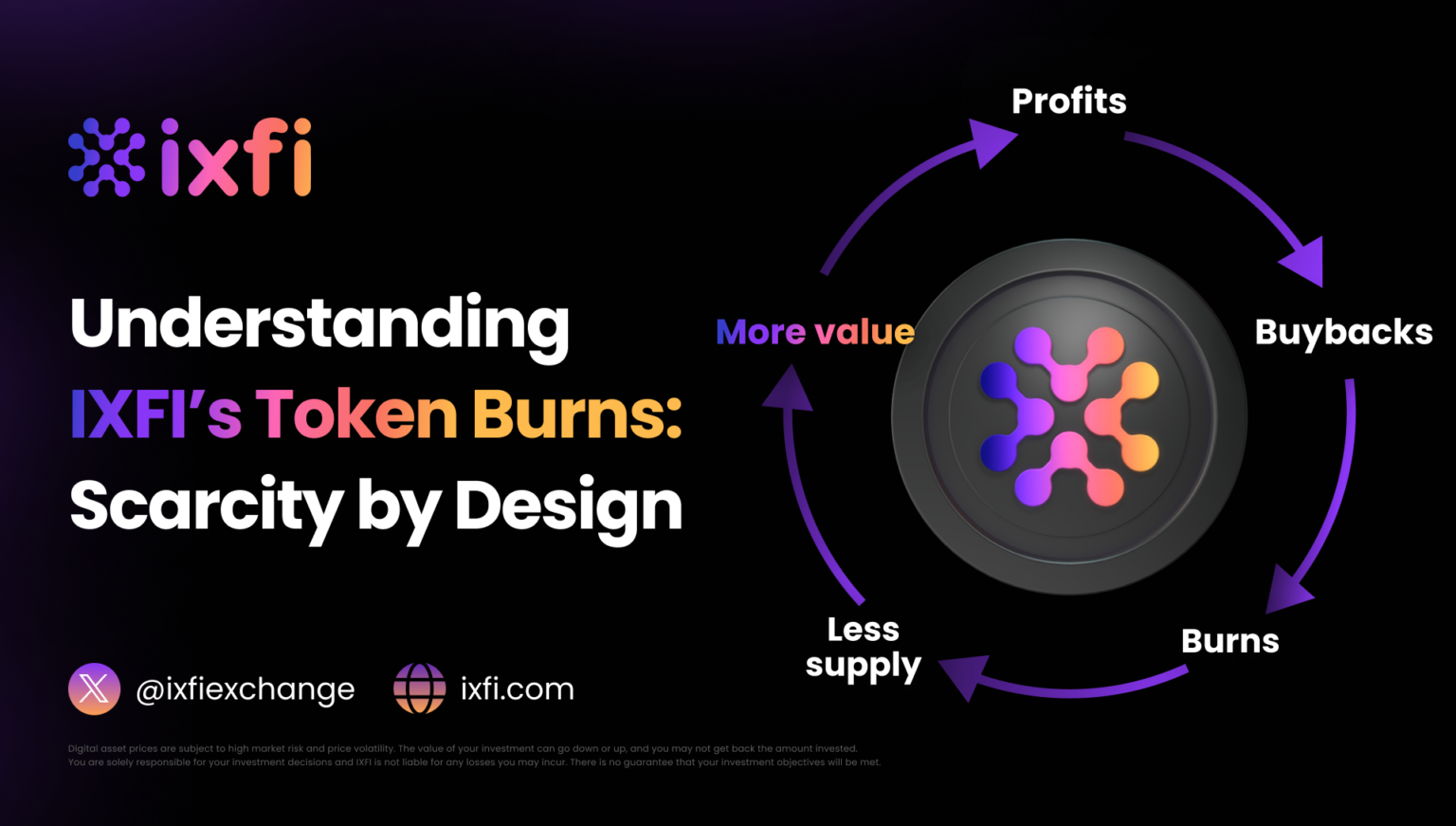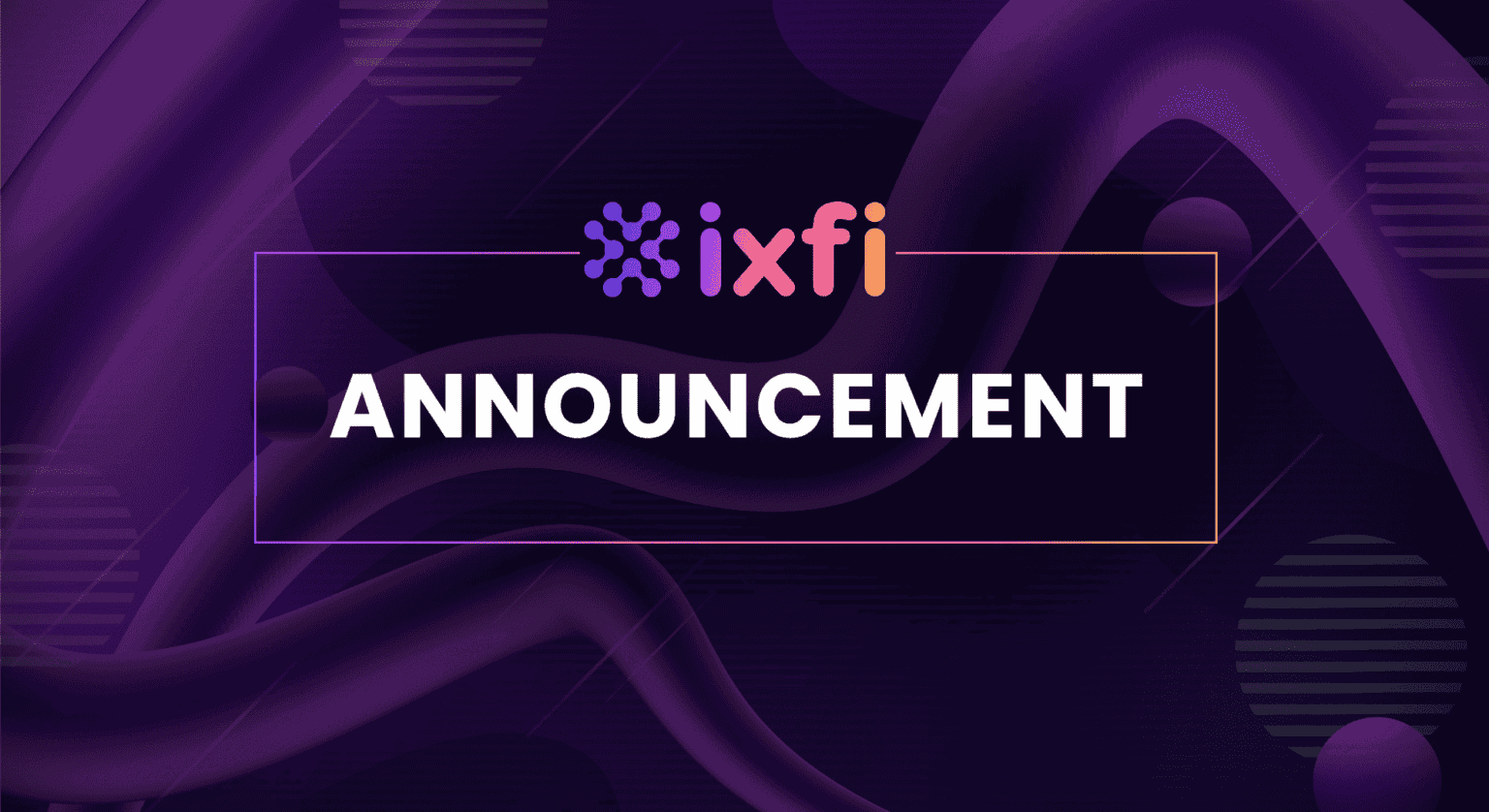With a growing number of daily investors, cryptocurrency is here to stay. As with all investments, it’s important to do your research and learn more to become an expert (or before you dive in). Whether you want to learn more, or just want to keep up with convos around the office, we rounded up a list of 5 facts you probably didn’t know about crypto.
1. The origins of crypto is a mystery
It may seem surprising but the origins of crypto in history are still quite a mystery. It is said to have originated with the person who founded the term “Bitcoin”. Who this person is, however, is relatively unknown. Some people have a theory that the person who created it went under the pseudonym of Satoshi Nakamoto. Others believe this creator is merely an acronym for leading technology companies who created it together. All that we know is that Bitcoin was the original crypto and that the creator is responsible for producing one of the most valuable digital currencies, that as of February 2022, is worth over $640,550.54 on the digital stock exchange.
2. There are over 5,000 cryptocurrencies
Bitcoin may have started it all, but today investors have a choice of over 5,000 digital cryptocurrencies. Each crypto comes with its trading value, advantages, and pricing. Almost 30 of these currencies have a market value of over $1 billion. Although Bitcoin is the leading cryptocurrency (and the most popular), there are different types of crypto rising and entering the market every year. Ethereum is gaining popularity and is almost worth as much as Bitcoin on the market. It comes with added benefits that attract investors such as lower rates. Cardano is another coin doing exceptionally well and gaining popularity due to its eco-friendly nature and its lower trading fees.
3. Crypto is taxable
Crypto is a digital currency and all currency is taxable by law. Like any investment, a profit comes with tax implications. Unfortunately, there is no way to escape this. The tax for crypto depends on which country you are situated in and trading in. Most countries don’t appreciate people escaping tax, so it’s important to follow the tax rules and regulations surrounding crypto.
In the United States, the IRS can obtain information regarding users over a certain number of transactions per year so it’s probably best that users follow the law upfront and pay their taxes.
4. Blockchain technology helps the world
Even though trading crypto is more popular, blockchain technology is considered a valued contributor. Blockchain technology is what crypto is founded on and has helped businesses worldwide to store data and make transactions more securely and transparently. It involves the use of AI and decentralized infrastructure (payments that are made without the need of financial institutions and banks). The use of blockchain has many advantages including a safer way of processing data, tracking assets, receiving funding, and making faster transactions.
5. Crypto has no physical form
Crypto doesn’t use paper, and unlike cash, it only exists in the digital form. You cannot physically store crypto anywhere, including on your PC. Crypto also does not print out money but rather uses a mining process. The process of mining crypto and data is known as cryptography. It uses a digital ledger that is decentralized so banks are not required in the crypto process either. The crypto process is therefore considered a faster way to transact, is more secure, and is open for everyone to use (if your country has not banned it). For these reasons, it is also considered a more environmentally friendly way to trade.
Keep up with our blog to learn more about all things crypto and investments. As for the practical part, Your Friendly Crypto Exchange is here to help you start your trading journey. Register on IXFI today.
Disclaimer: The content of this article is not investment advice and does not constitute an offer or solicitation to offer or recommendation of any investment product. It is for general purposes only and does not take into account your individual needs, investment objectives and specific financial and fiscal circumstances.
Although the material contained in this article was prepared based on information from public and private sources that IXFI believes to be reliable, no representation, warranty or undertaking, stated or implied, is given as to the accuracy of the information contained herein, and IXFI expressly disclaims any liability for the accuracy and completeness of the information contained in this article.
Investment involves risk; any ideas or strategies discussed herein should therefore not be undertaken by any individual without prior consultation with a financial professional for the purpose of assessing whether the ideas or strategies that are discussed are suitable to you based on your own personal financial and fiscal objectives, needs and risk tolerance. IXFI expressly disclaims any liability or loss incurred by any person who acts on the information, ideas or strategies discussed herein.




